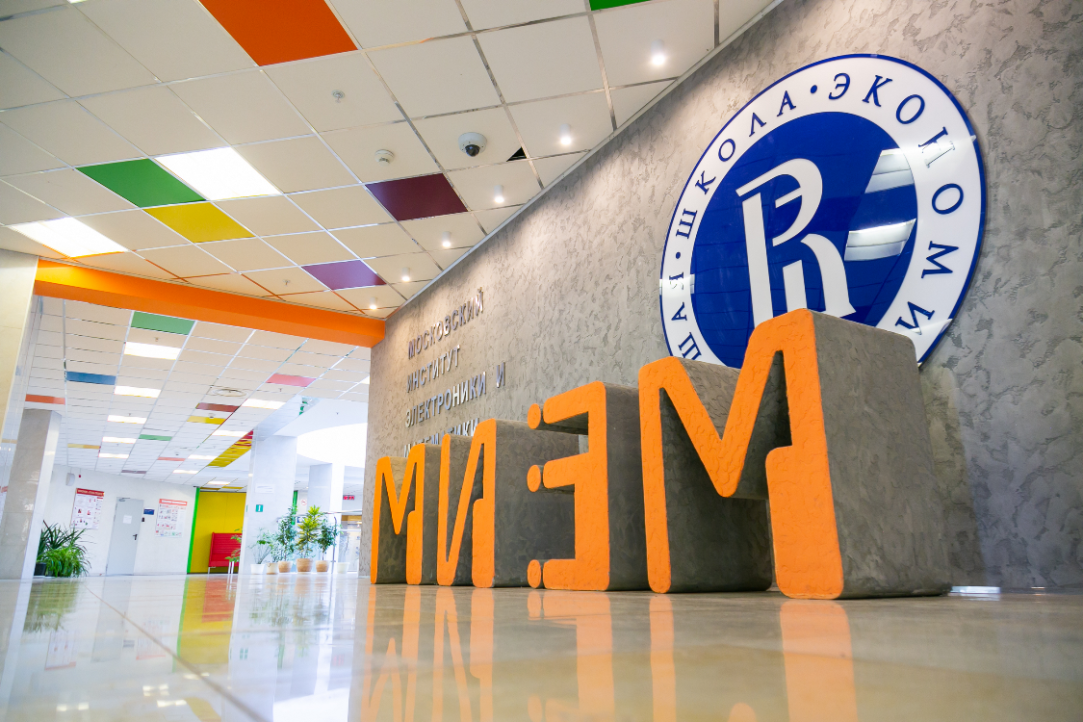Six HSE MIEM Educational Programmes Accredited by the Association for Engineering Education of Russia

Six HSE MIEM educational programmes have been accredited by the Association for Engineering Education of Russia (AEER). The accredited programmes have been awarded the EUR-ACE® label and the Washington Accord certificate.
The accreditation process comprised an assessment of the programmes’ objectives, content, and learning outcomes, quality indicators of training courses, research and project activities of students, as well as personnel, material, and information support of the educational process. Particular attention was paid to graduates’ employability and their ability to solve professional tasks.
The following MIEM educational programmes received accreditation:
all Bachelor’s Programmes: Information Science and Computation Technology, Information and Communication Technologies and Systems, Applied Mathematics;
Specialist’s Programme in Cyber Security;
two Master’s Programmes: Internet of Things and Cyber-physical Systems and Computer Systems and Networks.
Professional and public accreditation is public recognition of the high quality of graduates' training and confirmation that the university meets the criteria and requirements of international and Russian organisations included in special registers (registers of accrediting organisations). Such accreditation underscores the best practices and significant achievements in the field of engineering education training.
The expert committee’s conclusion highlights MIEM project activities as a good practice. ‘The project-based learning model is the key technology in active learning. This model deepens the interdisciplinary knowledge and skills that students acquire during theoretical and practical classes, develops additional skills for the independent study of relevant materials, and, subject to the role in the project, develops analytical, research, and project competencies, as well as the ability to work with information and in a team. The project-based approach to learning is a strength of the [Information Science and Computation Technology] programme.’
Teamwork within the educational process was highly praised in one of the indicators of the criterion ‘Preparation for Professional Activity’. ‘Students demonstrate the ability to work effectively, both individually and as a member or leader of a (interdisciplinary) team, delegating responsibility and authority in solving complex engineering problems relevant to the field of study. According to employers and graduates, the experience of teamwork and interdisciplinary work gained by all students is a very significant competitive advantage. The students agree that independence and teamwork skills, which are developed through project activities, are important for their studies and future profession.’
The list of educational programmes accredited by AEER is published in Russian and foreign media, included in the AEER accredited programmes register and the register of the European Network for Accreditation in Engineering Education (ENAEE).

Sergey Tumkovskiy, HSE MIEM Deputy Director for Academic Affairs
Professional and public accreditation of educational programmes is a very useful thing. Firstly, preparing for accreditation allows us to put each programme into perspective and assess its strengths and weaknesses against various criteria. Secondly, we have an opportunity to get an independent assessment by the expert community and recommendations on how to improve each programme.
The HSE MIEM administration would like to thank the academic supervisors and managers of educational programmes, as well as HSE MIEM Advisor Vladimir Vetrov, for their hard work during the preparations for accreditation.

